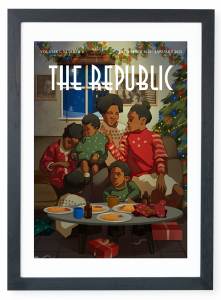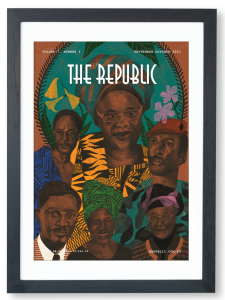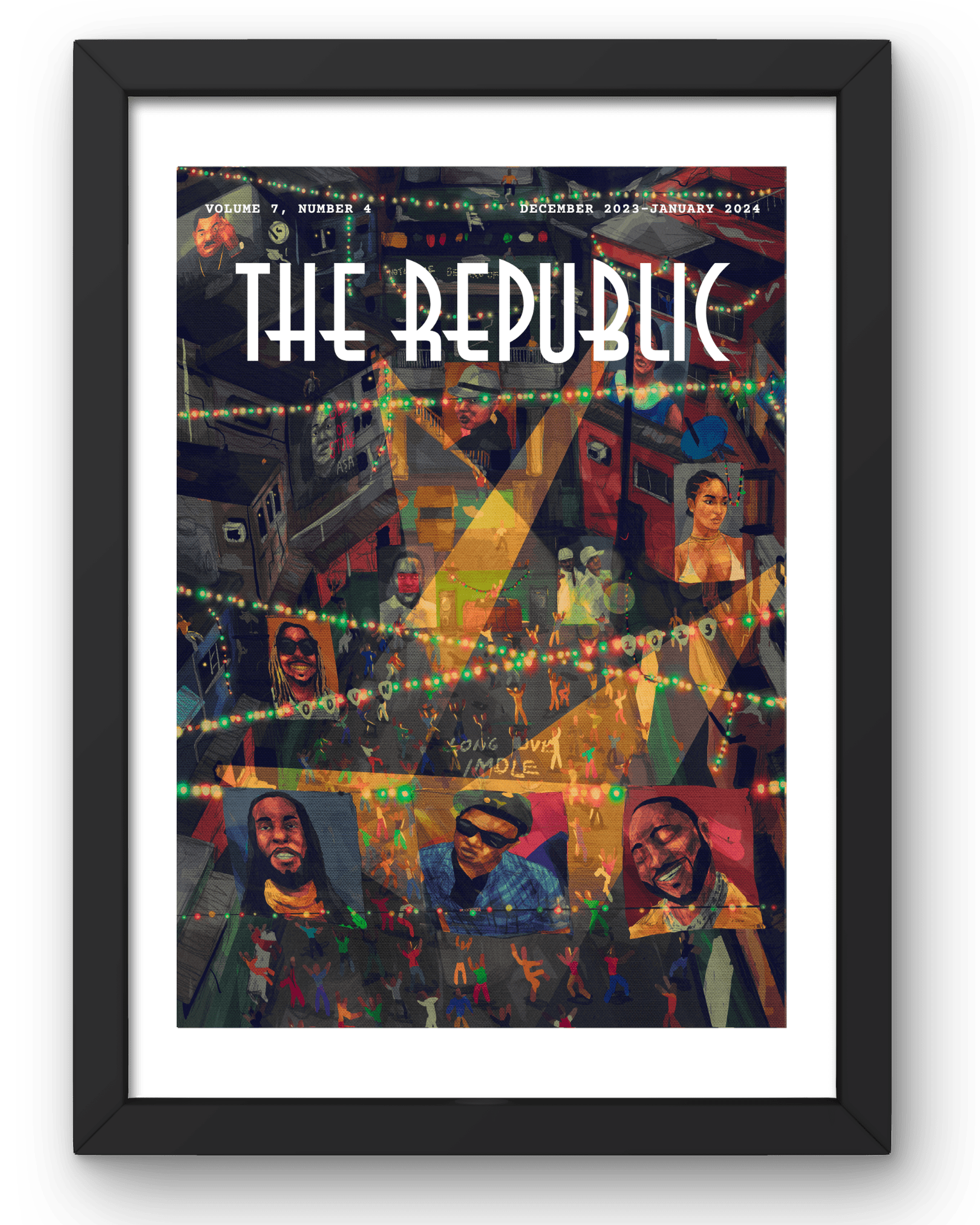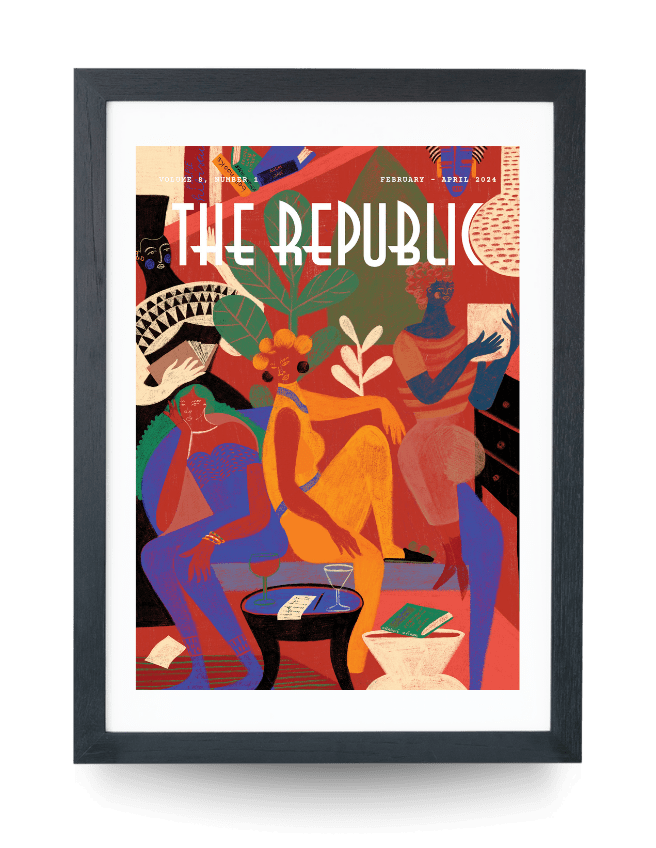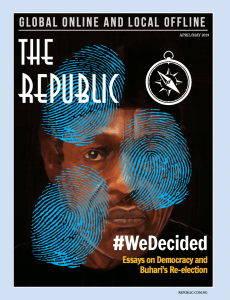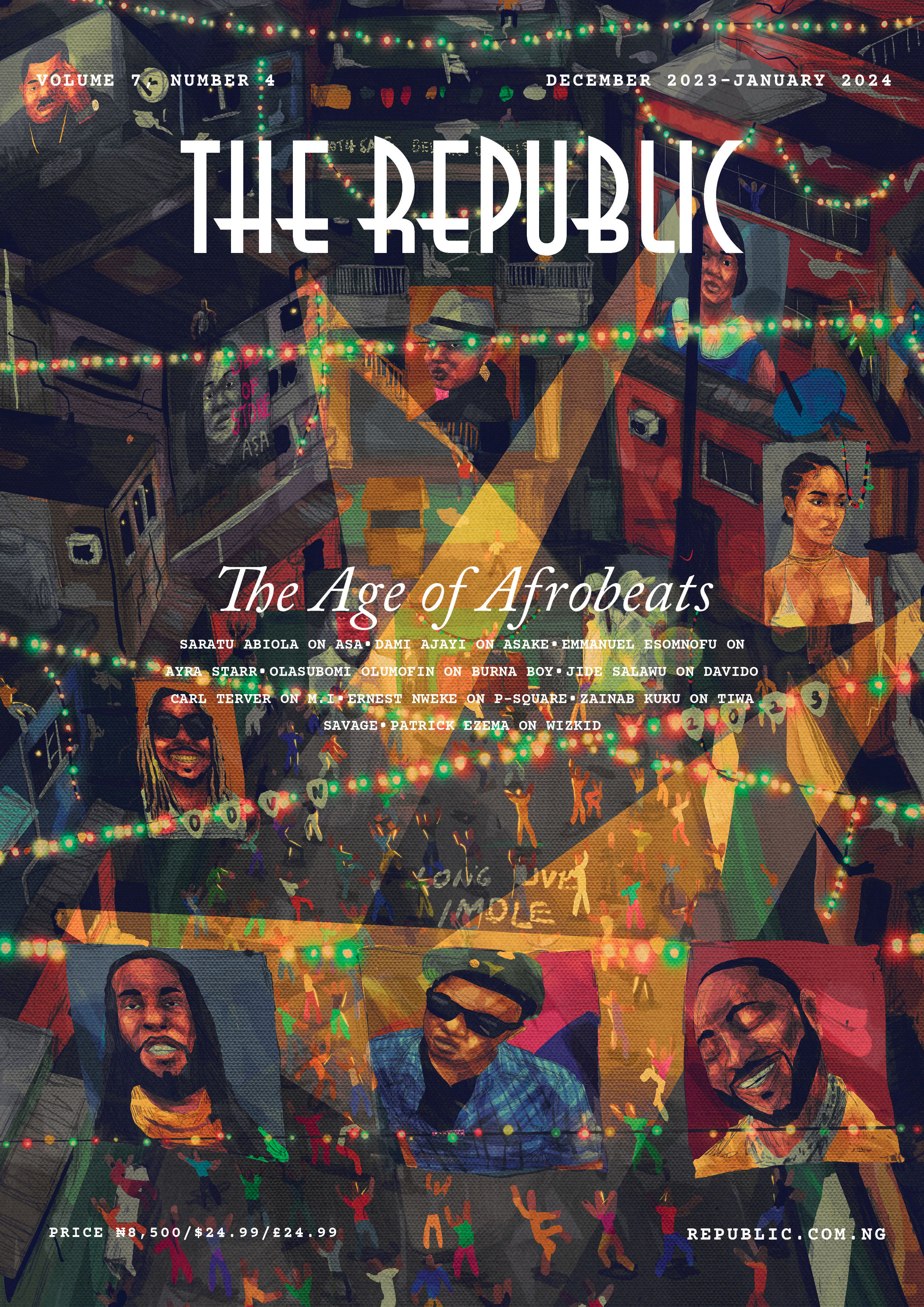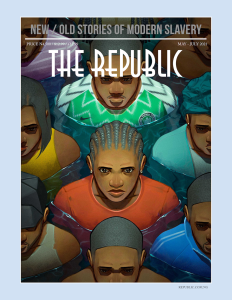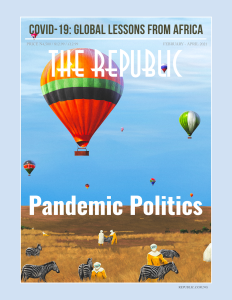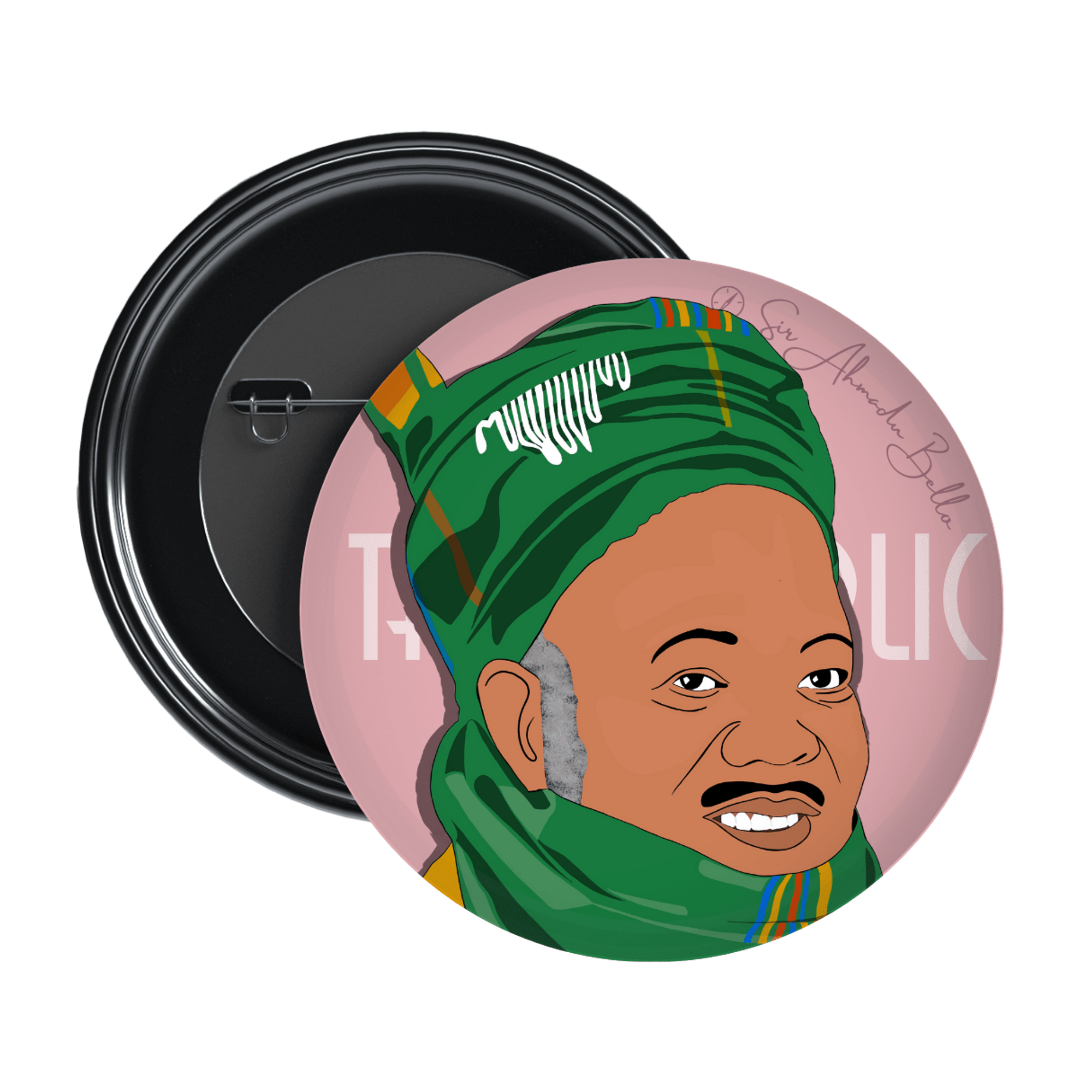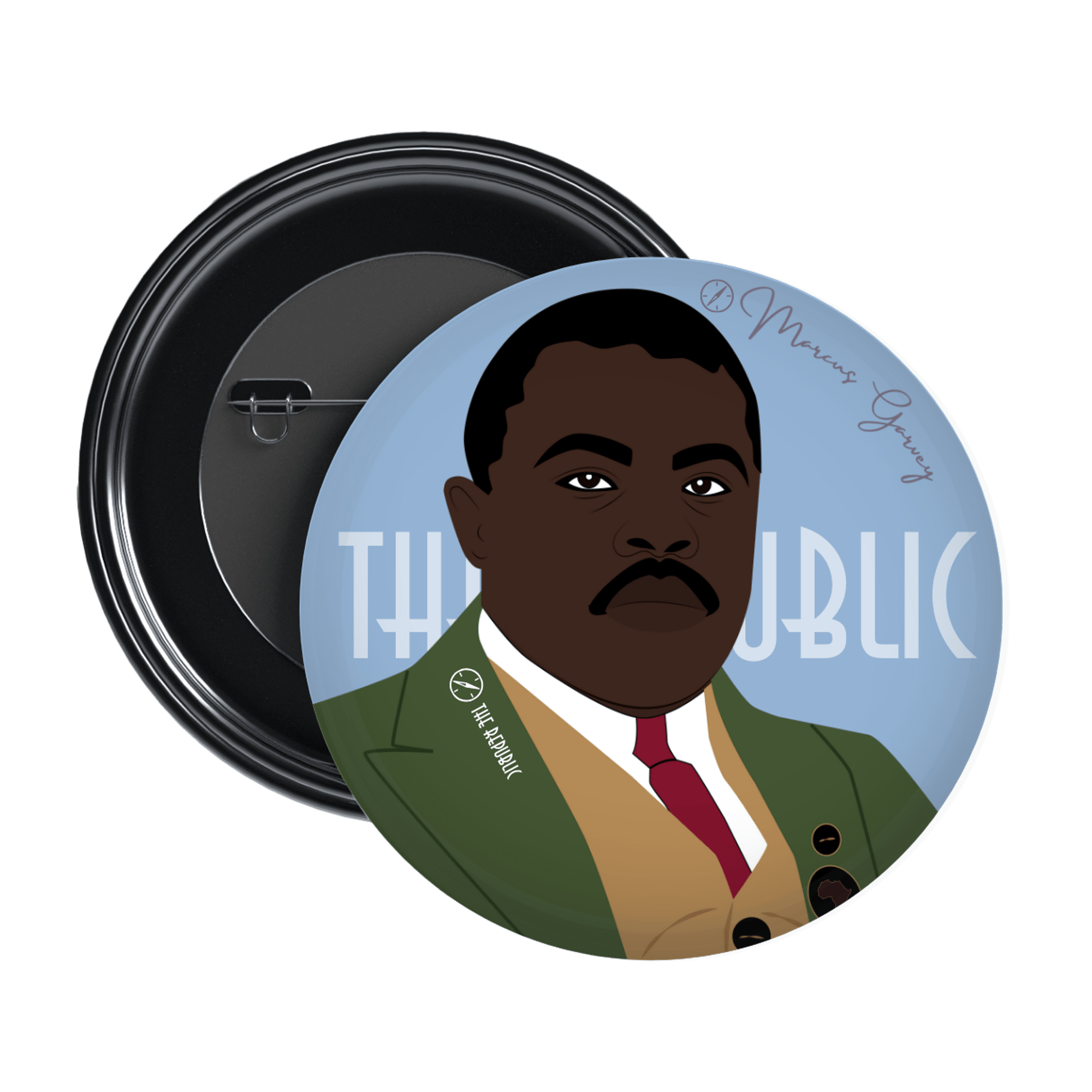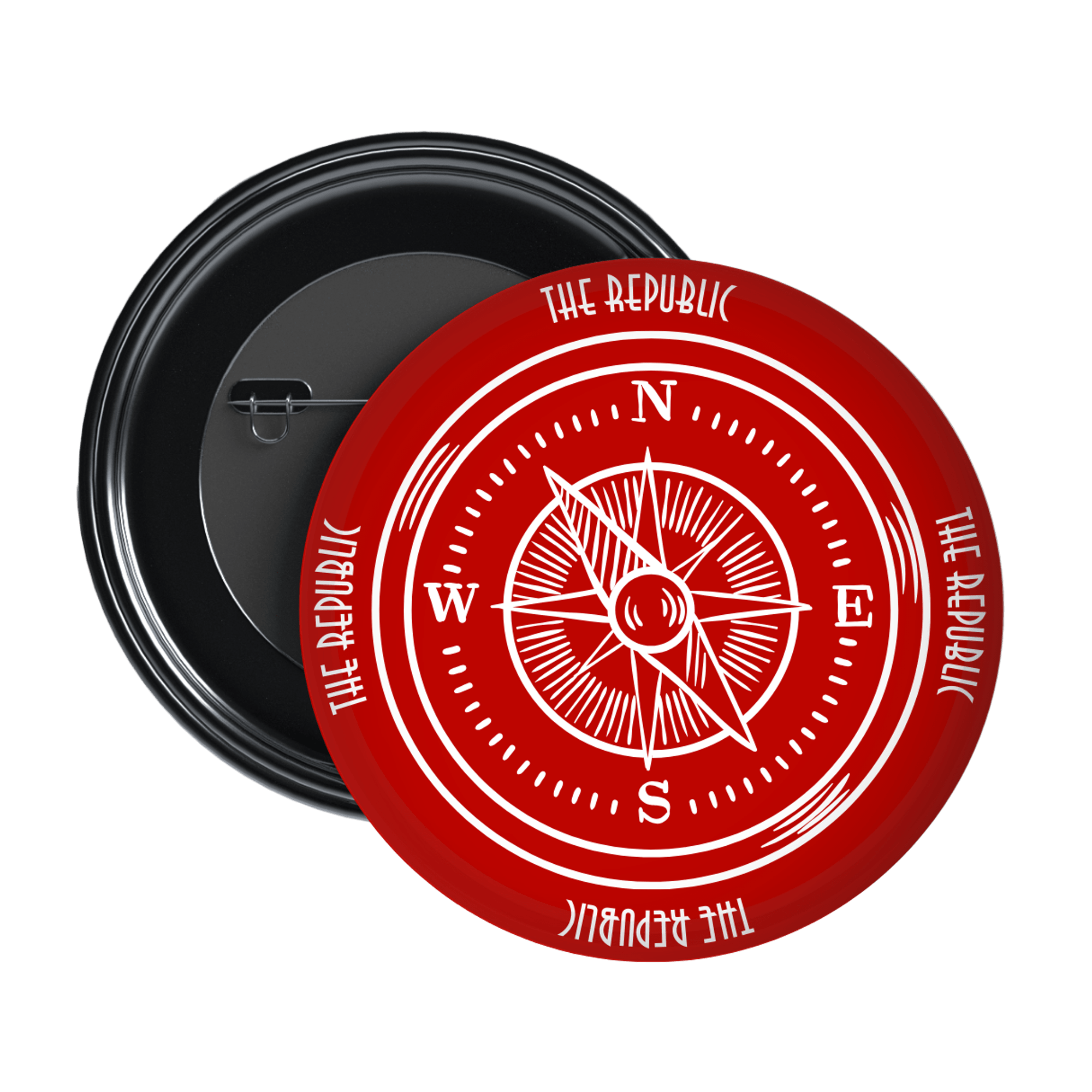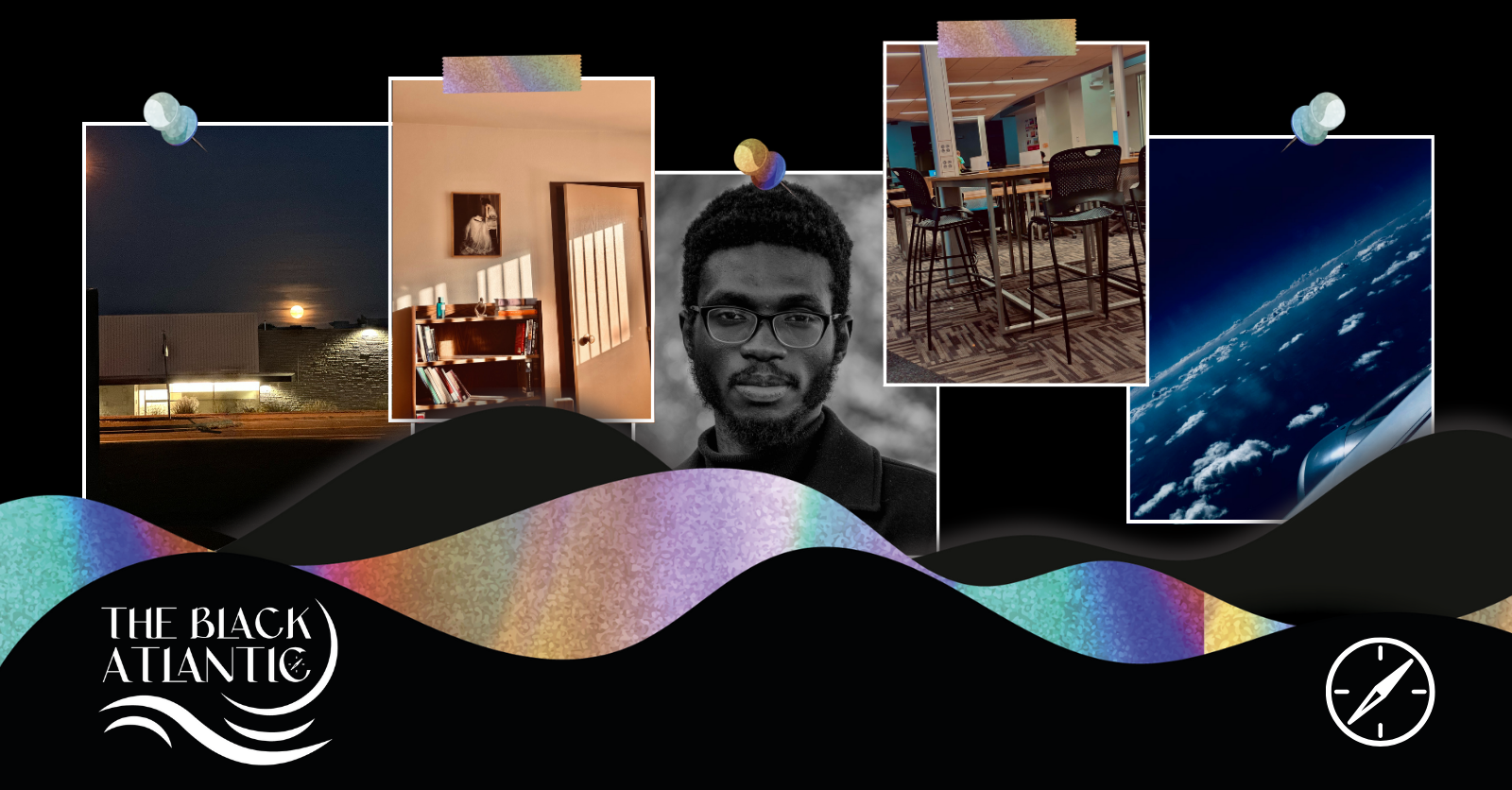
Idowu Odeyemi. Photos courtesy of the author / THE BLACK ATLANTIC.
THE BLACK ATLANTIC
Notes on Absence

Idowu Odeyemi. Photos courtesy of the author / THE BLACK ATLANTIC.
the BLACK ATLANTIC
Notes on Absence
‘I’m far away from home, and I’ve been facing this alone…’
—Brian May, ‘Too Much Love Will Kill You’
‘What cannot be said will be wept.’
—Sappho
Earlier this year—in January, I received a message on WhatsApp. When the message came in, I was standing in front of the mirror in my room doing what has now become my morning ritual: Whenever I have no one around me, I wake up by 7 a.m. and listen to Dean Lewis’s ‘Be Alright’ and weep profusely at the perceived absence that now bestows my life. After Lewis’s song, I would then play Aretha Franklin’s ‘I Say a Little Prayer’ and imagine it was my mother, Olayemi, who is singing to me an adult-lullaby. I don’t know why I perform this ritual, but a tug in me seems to remind me that I am just embracing the absence that comes with my expat status, and the far-away love I could only wish for is proximate.
Normally, I would feel energized after listening to Aretha’s song, but something kept me in front of the mirror that morning after Aretha stopped singing. The night before, Olayemi called me on WhatsApp. She said she misses me, and she understands that I have been busy with my doctoral studies. She said even though my busyness makes it look untrue, she knows that I love her. ‘I know you love me so much, my son,’ she said at the end of our call. That morning, I stood in front of the mirror looking at my own body while also thinking about my mother’s words. But it is not just the words that made my feet unmovable, it was the glance the words and the mirror created: the ‘who loves this body’ glance; the ‘I need my mother to hug me into oblivion’ glance; the ‘I want a mother’s care’ glance. The glance then creates a desire—a desire to have presence, the presence of someone. Someone who would erupt my tranquil coven. have lost over 30 per cent of their value, with Nigeria also battling inflation.
But, if as a writer (and annoyingly, a philosopher) one must—at least—have an iota sense of obligation to sometimes tell the truth, I must be honest about my own abrasive attitude and how this might have led to the absence in my life. I have never felt the urge to talk to people—and by people, I mean humans who, by our mere social conditioning, we should be talking to one another. I wonder if this has to do with my discernment. I have always felt like I don’t need people because I seem to see beyond the social mask. But people need people. And it annoys me when I laugh with people just two hours ago, I get back home just to gossip with whoever about what I think is my interlocutor’s character deficit. It annoys me when I also know that they are gossiping about me. Perhaps, I, as well as my interlocutors, have some character deficits and it is just sheer arrogance that made me think I could condemn them and abstain from them—from people, from people who are not in a sense my beloveds.
But like someone once said to me in a text, being an immigrant is difficult. It’s not just about your mother or your family. In a broader sense, you’re away from home as you wouldn’t be if you moved to another city in your home country. In a new country, there are always questions, ‘Can I love any of these people? Can any of them ever love me?’ That’s never a worry in one’s home country since there, the answers are obviously ‘yes’ and ‘yes’. I take it that this is a truism. Sometimes, just to feel something, I would take a walk and look at many faces that walk past me and I ask myself who they love, who loves them, and—God help me—I wonder how they love. But they love and my feelings cannot underwrite the affection these faces feel towards their beloveds. And they love. And I know that they love because when people who live together don’t love one another they live in disaster. Of course, there is a disaster in this country—at least, their sense of morality seems deeply rotten—but their disaster is not concrete. It is not a lack of love. It is incorporeal: it cannot be explained by simply seeing or hearing. These beautiful people love. And this can only be explained by feeling.
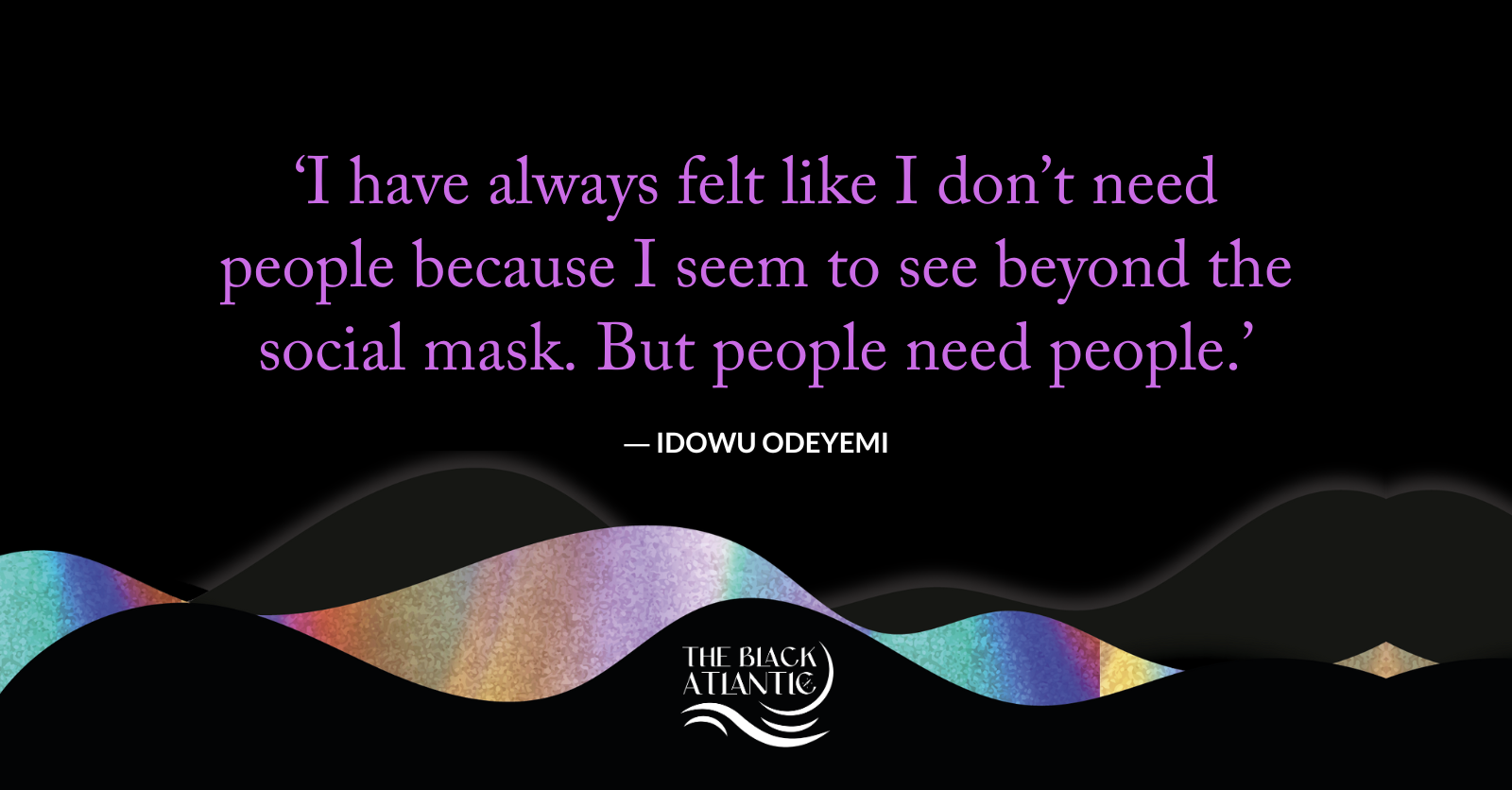
I would normally ignore messages from unknown numbers until the last day of the week. But I needed to move—I knew I needed to move—so I do not get consumed by the tears that have now wet my heart. So, I picked up my phone and opened WhatsApp. The message was from a group of friends at the University of Ibadan who study together and had recently read my personal essay for The Republic, ‘Living in America, Leaving Nigeria’. According to this group, they think I wrote the best personal essay in Africa last year. They had never been outside the country, they explained. Yet, they could feel the reality I was trying to capture with language. But when they asked me, ‘Why did you write such a powerful essay?’—since many other people have asked me this question—I thought it was a simple question that I could give my now cliché response to. Astonished, I found it hard to answer. Before that question, I thought I wrote that essay because I wanted to give a personal narrative and that is what I told everyone that ever asked me that question.
That question shook my dungeon. I thought about it, and I found out that I wrote that essay because I am deeply hurt. I was not deeply hurt; I am deeply hurt—hurt as a continuous phenomenon that cannot be detached from my current state of being. Indeed, that question made me realize—albeit silently—a truth I have often deny: We only truly know and appreciate love not through what the presence of love can do, but what love’s absence can cost.
It is love when your mother calls you to ask what food you want to eat when you get back from school. It is love when she prepares that same food you requested. It is also love when she doesn’t. It is love when you drive home, and you know that you would meet someone at home—or someone would meet you at home. It is love when you don’t pay attention to the beatitude the presence of your loved one offers. It is love when your mother peel oranges and passes them to you behind your laptop when you are in a Zoom meeting. It is love when your mother sits beside your bed to gossip about the members of your father’s family. It is love when you wear your sister’s dress and twerk in the living room while your family record and laugh at you. It is love when your mother tongue-lashes you for waking up in the middle of the night to eat the carrots, she wanted to use to make salad the next morning. It is also love when she calls you just to tell you her car battery stopped working in the middle of the road. It is love when she calls you before calling her mechanic. You only realize these notions of love when they become absent. Even when it cannot be defined with precision, love is the only viable option that can, at least, constrict our inescapable anguish.
Absence is an interesting phenomenon. Yet, absence has never been in vogue. It has not really been the subject of best-selling books, yet we tell stories of a girl who couldn’t love again because a boy removed his presence from her life; we tell the story of a boy who couldn’t love another boy because the state says the presence of another boy in his love life is a crime; we tell ourselves the story of a mother who had a heart attack and died after hearing the news that her child died in a car crash and won’t be in her life again. There is also the story of an expat who at home is a flower, but in another country, he is in the shape of broken glasses. Interestingly, absence can be easily defined—as a state of being away or the lack of something/someone being somewhere. Despite the simplicity of its semantic meaning, absence is ambiguous: in reality, it can sometimes be stifling, and sometimes, it can be a source of tranquility. But mostly, absence stifles us.
shop the republic
I realize that I am deeply hurt having written ‘Living in America, Leaving Nigeria’ because there is now absence in my life that allows me to pay attention to what people do to me. I think I would have paid less attention to the things I wrote about in that personal essay if I had with me in the city of Boulder all the mundane things of life—such as familial natural and affectionate dispositions—that offer one the possibility to be invested in the people that loves him rather than the people that do not love him.
But I have other reasons for writing that essay, too. Someone just had to tell that expat story so that other expats could read and not feel alone. Someone had to tell that story so other people can know that their stories are unprecedented in the history of the universe. Before writing ‘Living in America, Leaving Nigeria’, I struggled—for twelve months—to write about immigrant loneliness—and I still do. And I wonder why. I truly do. But I also know writing about an expat’s loneliness requires deep vulnerabilities, something I am not ready for—something my endurance cannot bear. Yet, I still wonder and that exhausts my energy. But I look at other African students here in Boulder and the faux dependability they create—their sheer hostility layered with a pedestrian smile—and I feel like someone needs to tell their story. Someone needs to tell the world that though they are happy with what they’ve achieved so far, some of these people—these ex-pats—are not really happy people. They are multifaceted people who endure longing, despair, and absence.
Across the ocean, Claire texted me ‘Thank you for talking to me.’ I replied, ‘You, too. Thanks for chatting with me. It has been a boring life,’ I replied. Claire had asked me to tell her about it. Eager to vent about how I think absence has affected me, I replied.
First, I think I have been having problems with cooking and that somewhat creates a mental dissonance that makes my lonely existence unbearable. I think the art of companion is really important to effective doing. For example, even when you don’t like cooking, I think there is an emotion your partner or lovely companion instills in you that moves you into cooking and doing many other things. In general, whether we like it or not, the fact that you have people around you that love you and mirror your light moves you into action.
Claire agrees. ‘When I was at home, it was exciting cooking for my family and having people around looking forward to your meal. Just cooking for yourself is blah. I hate cooking, too. But in Ibadan it was exciting to cook with you. So, I get it,’ she replied.
shop the republic
shop the republic
I shed a tear. I shed a tear not because I only ‘get it’—like Claire did—I am also living it. It is my life now. I slipped into my duvet so that I wouldn’t perceive myself, as not perceiving oneself means an inability to feel the pain of absence. But duvets are not like empty spaces. If anything, the touch of a duvet only serves to remind you of what you’re losing in a state of absence: the touch of a finger holding you dear to their body.
I replied to Claire:
Yes, you understand perfectly what I am saying here…When you’re alone—when you have absence in your life, you are condemn-ably tired because all you can do is stay in bed and have thoughts—thoughts that further indulge your body to feel alone and tired. And I think this is essential to why we should appreciate people who don’t have our absence problem but try to spend their time with us. This absence is actually a very sad reality. Sad because despite its stifling feature you still have to stand up and be responsible. But you’re actually laying in bed mad at the world and yet you recognize it is not the world’s fault and you still have to be responsible because you’re responsible.
‘Well, it will definitely get better. The absence will end someday,’ Claire replied.
I, too, hope it ends someday. But before it ends, I will keep supplementing absence with a supplication Kitan Belles wrote:
gather your forgotten pieces from dark corners, from deserted roads,
from places that never could hold you;
bring yourself home, to you, to the love of your heart and say to yourself,
I am love, I am light
I am perfection
I am holiness
call yourself by your given name, love⎈




